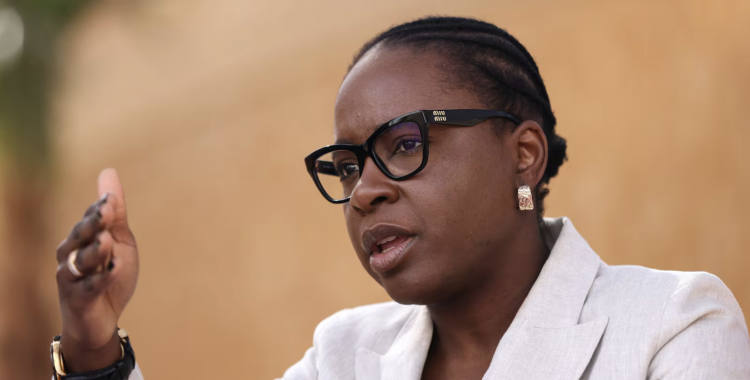"We have to reformulate financial institutions to guarantee insurance, banks have to have investment rooms that are ready to analyze an agricultural project and understand its viability and it is necessary to create the bases to attract the interest of investors", said the Minister of Finance.
Vera Daves de Sousa also defended the need to "create financing lines to provide liquidity to banks" and thus allow them to finance the expansion of family farming into agribusiness".
In Angola, agriculture is one of the sectors that has grown the most in recent years, taking up an increasingly larger part of the GDP, although around 80 percent is still family-owned, and is described in the National Development Plan as one of the two pillars fundamental for the diversification and development of the country.
Also during the session, the president of the World Bank announced that the institution will double annual financing for agribusiness to nine billion dollars.
"We are at a crossroads, and the path we choose will determine our future," said Ajay Banga in his opening speech to the session on agriculture financing, in which he explained that "the World Bank's new ecosystem leaves efforts fragmented to embark on a constellation of solutions that include everything, from storage to logistics, including production, but placing small farmers and producers at the center of the new strategy".
The new financial envelope of nine billion dollars per year will serve to address the four new trends that Banga says are impacting agriculture: climate change, financial innovations, digitalization and fragmentation.
Furthermore, he continued, "it aims to take advantage of the estimated 60 percent increase in demand for food in the coming decades, and respond to the critical need for jobs in emerging markets", in a context of transformation of the World Bank itself, which since the inauguration of Ajay Banga is in the process of restructuring with the aim of unifying the response to needs, using the various tools available in the group's various institutions.
"This more integrated approach will bring together all of the institution's resources to ensure comprehensive support and solutions designed tailored to needs," added the former Mastercard president, exemplifying that the World Bank's public sector arm can help create new legal frameworks to help with food exports, and could also help redirect some of the 1.25 billion dollars spent on fuel subsidies, while the World Bank's share for the private sector could provide guarantees to investors looking to invest in agribusiness.







